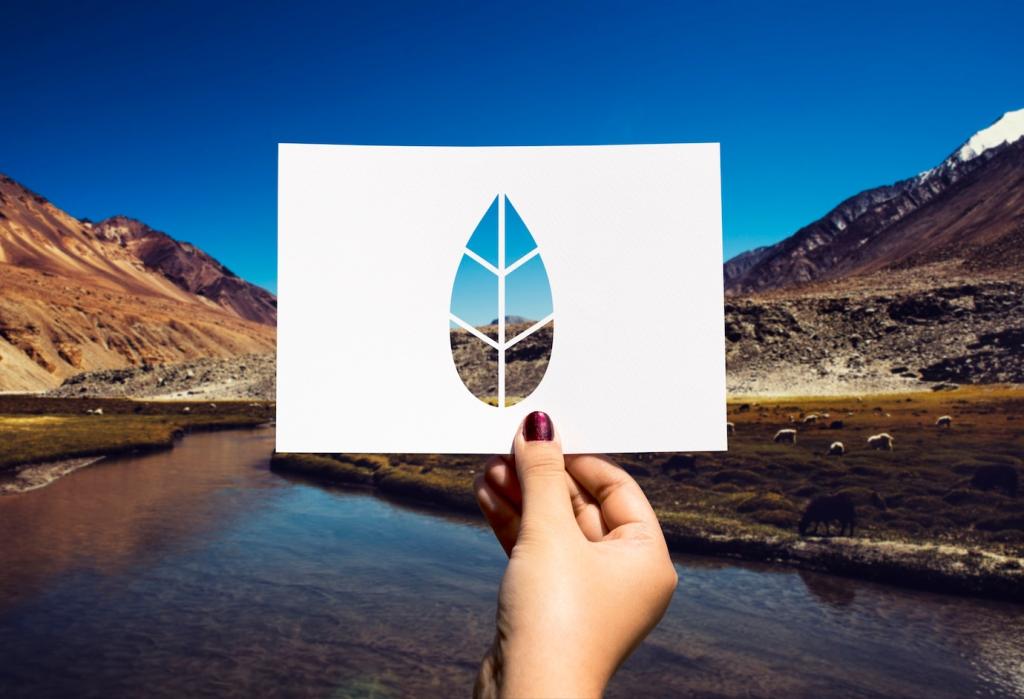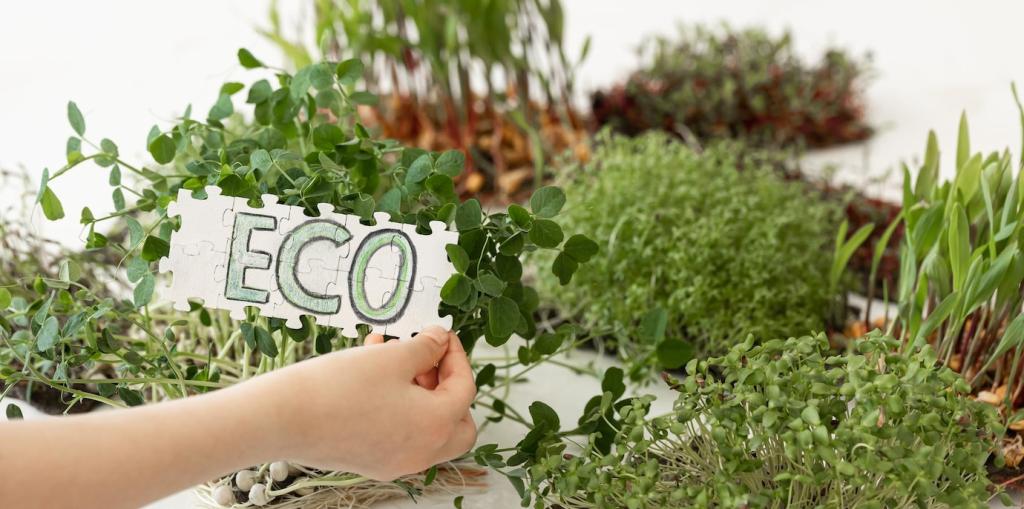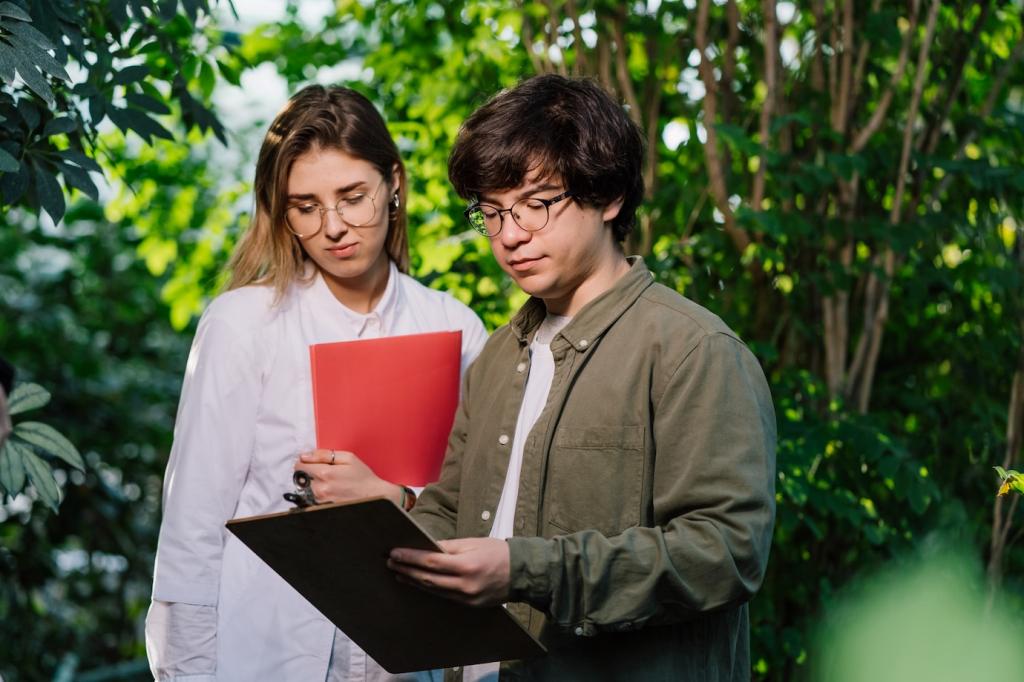How to Implement Sustainable Principles in Ecotourism
Welcome, responsible travelers and operators. Chosen theme: How to Implement Sustainable Principles in Ecotourism. Together we will explore practical, hopeful steps that protect nature, uplift communities, and keep trips genuinely transformative. Share your ideas in the comments and subscribe for ongoing field-tested insights.
The triple bottom line, applied on the trail
Sustainability means balancing environmental integrity, social equity, and economic viability in every itinerary decision. An Andean lodge we visited funds a village library, composts kitchen scraps for native gardens, and sets transparent wages. Guests understand why prices reflect dignity, not excess.
Carrying capacity and limits of acceptable change
Determine how many visitors a site can host without degrading habitats or livelihoods. Use indicators like trail erosion, wildlife flight distance, and local feedback. Co-create thresholds with communities, then stick to seasonal closures. Would you skip a viewpoint to protect nesting falcons?
Fair labor and inclusive governance
Implement living wages, safe conditions, and equitable hiring across genders and ages. Include local voices on advisory boards, and ensure free, prior, and informed consent for activities. A coastal operator in Mozambique doubled guide pay and saw retention, pride, and guest satisfaction rise together.
Community Partnerships that Last
Co-design with local knowledge
Invite elders, youth, artisans, and fishers to co-create routes, stories, and safety protocols. Their knowledge is living data. In Borneo, guides rerouted a river cruise after villagers warned about crocodile nurseries. The alternate route added mangrove lore guests now rave about.
Benefit-sharing that people can feel
Publish a clear model: percentages for community funds, microloans for start-ups, and scholarships for young guides. A Peruvian operator earmarks every tenth booking for medical brigades. Locals see tangible outcomes, and guests book again knowing each trip builds long-term wellbeing.
Cultural heritage with consent, not spectacle
Replace staged performances with authentic, consent-based exchanges. Offer smaller group sizes, fair honoraria, and briefing guidelines to avoid intrusive photos. One Maasai women’s cooperative approved storytelling topics beforehand, preserving sacred knowledge while sharing lived experiences with dignity and warmth.

Low-Impact Operations and Infrastructure
Build light, tread lighter
Use modular, raised structures to reduce soil compaction and flood risk. Choose local, certified materials and passive design for shade, airflow, and daylight. A desert camp oriented tents to prevailing winds and cut cooling needs by half without a single complaint about comfort.
Move smarter, transport choices that matter
Optimize routes, favor electric or shared transfers, and combine experiences to reduce repeat drives. Offer bike options where feasible. One wetlands tour switched from diesel boats to solar skiffs and turned quiet approaches into intimate birdwatching moments that guests still recount years later.
Sourcing that strengthens local ecosystems
Procure seasonal, local foods; biodegradable cleaning products; and reef-safe sunscreens. Partner with regenerative farms and artisans using native materials. When menus celebrated millet and native greens, a Himalayan lodge reduced freight emissions and revived pride in resilient crops suited to changing climates.

Educating and Engaging Visitors
Send concise digital guides covering dress, etiquette, wildlife norms, and packing lists that minimize waste. Include short videos from local hosts. We saw litter drop dramatically after guests watched a two-minute message from a ranger explaining why microtrash harms ground-nesting birds.

Measuring, Certifying, and Improving
Begin with water, energy, waste, and local spend per guest-night. Add biodiversity and visitor learning indicators over time. Establish a simple monthly rhythm, celebrate small wins publicly, and use short retrospectives to decide which experiment to scale next season.

Join our mailing list
